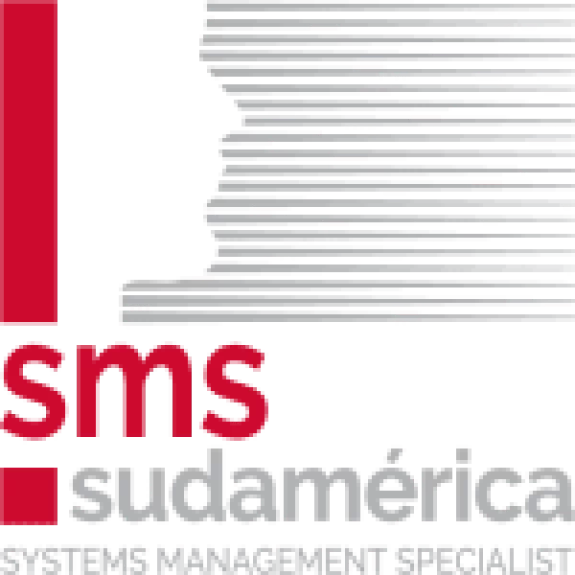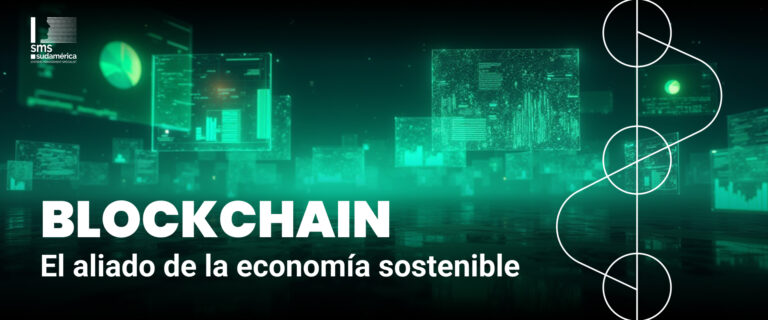The transition to a sustainable economy is a reality in which companies are increasingly seeking to adapt to the new paradigm. We are facing a global context in which linear economic models—based on extracting, producing, and discarding—have demonstrated their economic, environmental, and social limitations. In this context, technology is not only presented as a tool for efficiency, but also as an enabling infrastructure for new value creation. Within this infrastructure, blockchain emerges as a strategic ally for sustainability.
From an environmental economics perspective, the big challenge is to create traceability, trust, and real impact measurement. Blockchain technology allows for the creation of decentralized, tamper-proof, and transparent records on product life cycles, carbon emissions, and resource use. Applied correctly, it can verify and certify sustainable actions: from soil regeneration and post-consumer recycling to carbon emissions and offsets.
We are seeing voluntary carbon markets: reforestation projects, energy efficiency, methane capture that tokenize their credits to allow individuals and companies to participate directly in neutralizing their footprint. Instead of relying on opaque intermediaries, blockchain offers programmed trust: a smart contract can release a carbon credit only when a measurable result is verified, audited by independent third parties. This increases transparency, reduces verification costs, and opens the door to new sources of green financing.
But we must also be critical: not all technology is inherently sustainable. The development of blockchain-based solutions must consider their energy footprint, accessibility conditions, and governance. Sustainability cannot afford to be exclusive or dependent on tools with high uncompensated negative impacts. That is why it is key to align innovation with the principles of environmental equity, social inclusion, and systemic regeneration.
We are facing a great opportunity: to rethink the economy from a regenerative, distributed, and transparent approach. Technology is not the solution in itself, but it can be an accelerator if integrated purposefully. Blockchain, at the service of a low-carbon, circular, and fair economy, can help us redesign value flows for the benefit of the global economy, the ecosystem, and future generations.
Note by: Alejandro Diz Ramos

